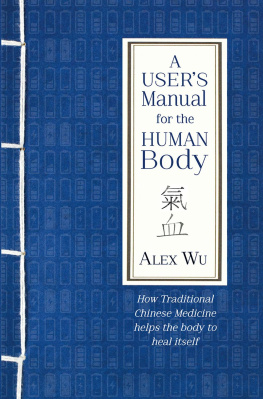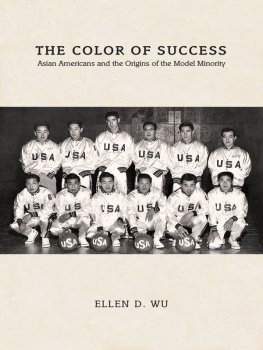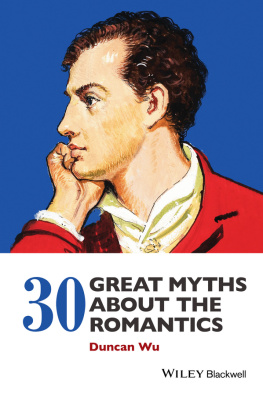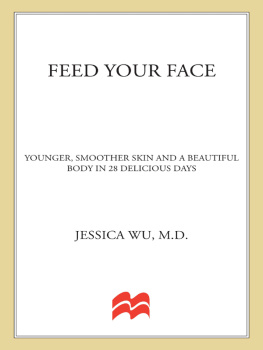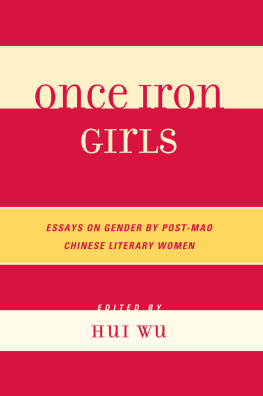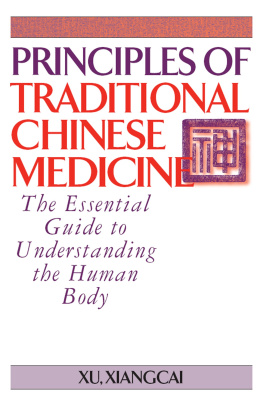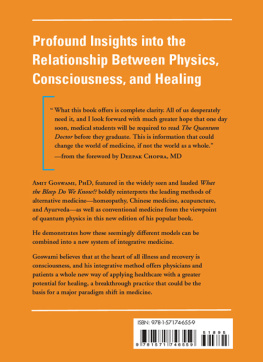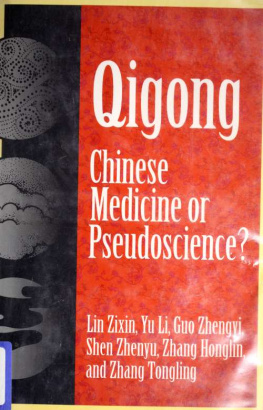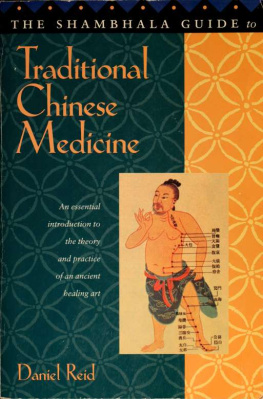In the 1990s Alex Wu worked in Shanghai as a fund manager for a group of investors from Hong Kong. After years of heavy workload and high pressure, his health deteriorated and he faced a multitude of illnesses.
At that time he was fortunate to meet a very skillful Traditional Chinese Medicine (TCM) practitioner. With her help he was able to overcome his illnesses and regain his health in a matter of months. His speedy recovery sparked his interest in TCM and he began studying Chinese medicine. In doing so he compiled a summary of what he had learnt that became the first draft of this book.
He now has a health spa in Taipei where he puts TCM-related equipment that he has helped to design into practice the Meridian Monitoring System and the Meridian Qi Treatment System, described in the Appendix: Technology and Traditional Chinese Medicine (page
Are you ready to live past 100 years old?
I recently went to a hospital to visit a 93-year-old friend. He was sharing a room with two other patients, aged 90 and 94. I was quite surprised. I recalled that when I was a kid living in Tainan, a city in southern Taiwan, any funeral I attended in my neighbourhood was generally for someone in their 70s. Back then, living past 70 won you praise for longevity, in stark contrast to today when living past 80 or 90 has become common.
Yet is living to such an advanced age really a blessing? When I look around at middle-aged people my contemporaries it is rare to find anybody who is not burdened by some form of chronic illness, whether high blood pressure, type-2 diabetes, gout, or arthritis, or even memory loss. The average person in my age group is bound to be plagued by ailments. In fact, according to the Centers for Disease Control and Prevention in the United States, about half of all adults in the US, so some 162 million people, have chronic health conditions, and one out of four adults has two or more. In most cases, their chronic illnesses will only worsen with age and they will be dependent on medication for the rest of their lives. That may mean 40 to 60 years of coping with illness a frightening thought.
Life expectancy around the world increased dramatically in the 20th century. In 1900 life expectancy for both men and women in the United States as well as in most developed countries was around 50 years. By 2014, in the United States it had increased to 77.4 for men and 82.2 for women, and more than 30 countries had life expectancies above 80. Even more extraordinary is that the rate of increase has not slowed significantly in recent years, so we can expect this figure to continue to rise for the foreseeable future. It is quite possible that by the time people now aged under 50 reach their late 80s or 90s, their life expectancy will have increased to well over 90. Living past 100 will no longer be a rare feat. In fact it will become the norm for the wider population. Extreme longevity will no longer be a prized achievement. It will have become inevitable.
With that in mind, maintaining a good quality of life that allows you to enjoy those extra years should be a top priority for everyone. Depending on your health, an extended lifespan could feel like a true extension of your youthful years or, conversely, a gruelling day-to-day grind in which you cling on to life by depending on an assortment of medications.
For example, a person with acute gout may suffer constant pain and immobility. For that particular person, enjoyment of outdoor activities becomes a distant memory. Even everyday activities that used to be effortless become a painful challenge. To take another case, someone who has advanced type-2 diabetes faces strict restrictions on diet, routine tests for blood sugar levels and a complicated regimen of medications, as well as the fear of significant complications. Thus it is important that we develop healthy living habits at a young age so that we can enjoy our extra years and fulfill our lifes potential. In the future, when high life expectancy seems inevitable, simply achieving a great age should no longer be the goal.
The current retirement age in most developed countries is around 60 to 65, an age first determined when the average life expectancy in those countries was around 70. The typical person who retired at 65 could expect five years of leisure before dying of old age. That was the vision in most societies of how a person would spend the latter stages of his or her life. So as our life expectancy rises and the extent of our post-retirement time increases, our attitude to retirement needs to change. Of the many aspects of what a fulfilling life in retirement should entail, whether it is having enough money to last through those years or having a loving spouse or partner to spend those years with, the most important factor is health.
When I observe and talk with the many elderly people around me, I notice that those who have attained an advanced age are not necessarily those who have been healthy all through their lives. On the contrary, many have chronic illnesses that were discovered decades ago and for which they have been taking medication ever since. To me this is one of the many accomplishments of modern medicine the ability of people to live the longest time while carrying the greatest number of illnesses. It is a feat no doubt, but not necessarily one that people should aim for if they strive for quality rather than quantity of life.
To maintain our health and extend our youthful years for as long as possible, it is important for us to educate ourselves in methods that can improve our general health. We should focus more on illness prevention rather than simply using medication to cope with the symptoms once they occur. By learning the right concepts and establishing healthy living methods, it is not at all difficult to slow down aging and prevent chronic diseases from plaguing our lives. This is what this little book sets out to explain.

